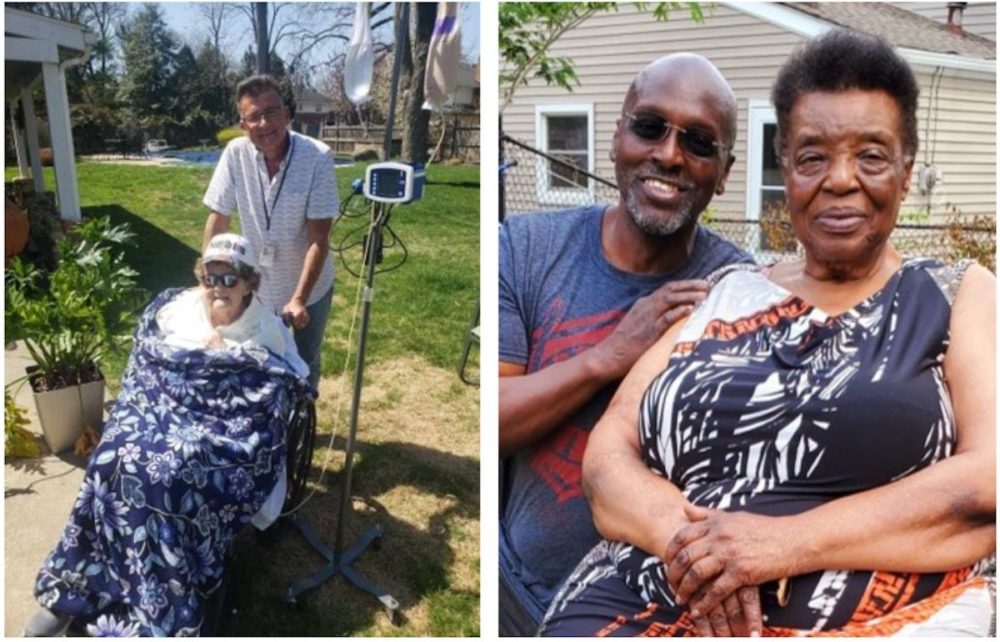At the end of last year, 2020-founded home healthcare company Sena Health completed a seed round to assist with its growing needs for its tech platform and team. But founder Anthony Wehbe says the company is already set to start fundraising again.
Though Wehbe didn’t disclose the number behind the seed round, he said lead investor Regal Healthcare Capital Partners was the right fit because of the firm’s experience with home care companies, and “physician mindset.” The startup closed its seed round on Halloween of 2022, but has garnered more interest since some press coverage — and the passing of the the $1.7 trillion omnibus appropriations bill, which includes extending the Acute Hospital Care at Home program.
The program, started because of the COVID-19 pandemic, makes at-home care covered by medicare and insurance. It was originally slated to expire at the end of 2022, but the appropriations bill included a two-year extension through December 2024.
“There’s certainly been attention in the space, it’s great to see patients getting more care in the home,” Wehbe said. “I’m hoping now insurance companies and payers are open to this type of care.”
Sena’s business model uses both hardware and software to coordinate at-home care by nurses and physicians in partnership with a network of healthcare systems. The three-year-old company has launched in the Philly region and in South Jersey so far, working with health systems like Cooper Health, Salem Medical Center, SETO Medical and Total Access Medical. Sena’s hardware kit includes devices — blood pressure and heart rate monitor, temperature reader, pulse oximeter, scale and personal emergency response system — while its software platform allows for scheduling, care coordination and documentation in tandem with the hospital.

Sena Health patients with family members. (Photos courtesy of Sena Health)
With the extension of the Acute Hospital Care at Home program and success at regional health systems, Sena is slated to expand its geographic reach, per Wehbe. Though the ink isn’t dry enough to announce which systems they’ll be working with, the founder said the team is expanding to health systems in New York and Florida in the coming months. What drew them to these locations was “motivating partners in innovative spaces.”
“It typically takes a long time to innovate in healthcare. It can take 17 years to make something the standard of care,” he said. “We found partners willing to take a risk on innovation in this unique type of care.”
The increased demand is leading the team to another round of fundraising, though Wehbe isn’t yet sure if it’ll be an extension of Sena’s seed round or if they’ll begin raising a Series A. The team will be growing from about 35 people, with plans to add about a dozen over the next six months. The roles will be a mix of tech, support and care coordinator staff. They’re also investing in their tech platform and increased cybersecurity as the operation grows, Wehbe said.
Though they’re quick about fundraising again, they won’t be jumping into anything too fast, Wehbe said: “We want to find the right partners and the right connections.”
Before you go...
Please consider supporting Technical.ly to keep our independent journalism strong. Unlike most business-focused media outlets, we don’t have a paywall. Instead, we count on your personal and organizational support.
Join our growing Slack community
Join 5,000 tech professionals and entrepreneurs in our community Slack today!

The person charged in the UnitedHealthcare CEO shooting had a ton of tech connections

From rejection to innovation: How I built a tool to beat AI hiring algorithms at their own game

Where are the country’s most vibrant tech and startup communities?


